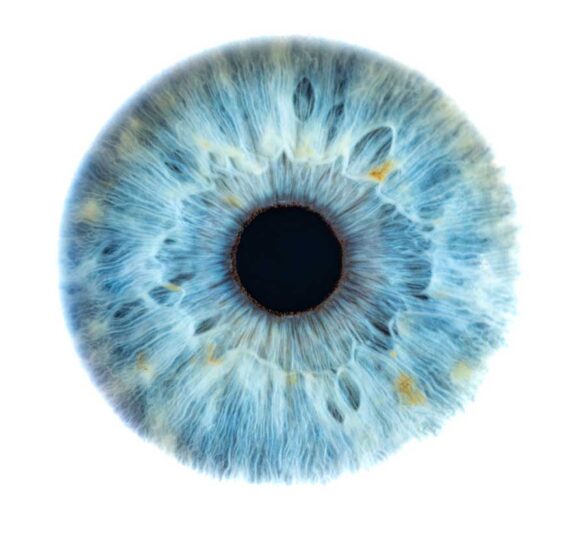What is Charles Bonnet Syndrome?
This article provides information about Charles Bonnet Syndrome (CBS), a condition in which patients with significant vision loss experience visual hallucinations.

Charles Bonnet Syndrome (CBS) is a condition where patients with significant vision loss experience visual hallucinations in the absence of cognitive or psychological illness. Hallucinations in CBS only affect your sight and you don’t hear or smell things that are not there. Individuals diagnosed with CBS are usually aware, or can learn to recognize, that their hallucinations are not real.
What are the hallucinations characteristic of Charles Bonnet Syndrome?
These hallucinations can vary widely. They can be as simple as geometric shapes and patterns to as complex as people, animals, and plants. They usually disappear after a few seconds, reappearing as frequently as multiple times a week, and most commonly occur in the daytime.
Who is at risk of Charles Bonnet Syndrome?
CBS, also called “release phenomenon,” was classically described in patients with macular degeneration, as well as those diagnosed with glaucoma.The prevalence in individuals with glaucoma is about 7%. While CBS is typically described in individuals with severe vision loss, it can also be seen in those who have clear central vision but have loss of the range of vision (visual field loss).
What causes Charles Bonnet Syndrome?
We do not know for sure. One leading hypothesis is that loss of vision leads to decreased connections from the eye to the brain. This can lead to abnormal or rogue neuronal signaling resulting in visual disruptions and hallucinations. The irregular neuronal activation may compensate for decreased visual input from the world.
How is Charles Bonnet Syndrome treated?
There is no cure for CBS but symptoms often get better with time. The presence and nature of the hallucinations can be distressing, and they may also interfere with some tasks. But simply having more information about CBS can help reduce anxiety from this condition. Talk to your eye doctor if you are experiencing visual hallucinations.
Article by Stephanie Wey, MD and Ahmara Ross, MD, PhD.

Ahmara Ross, MD, PhD
Ahmara Ross, MD, PhD is an Assistant Professor of Ophthalmology and Neurology at the Scheie Eye Institute, University of Pennsylvania.